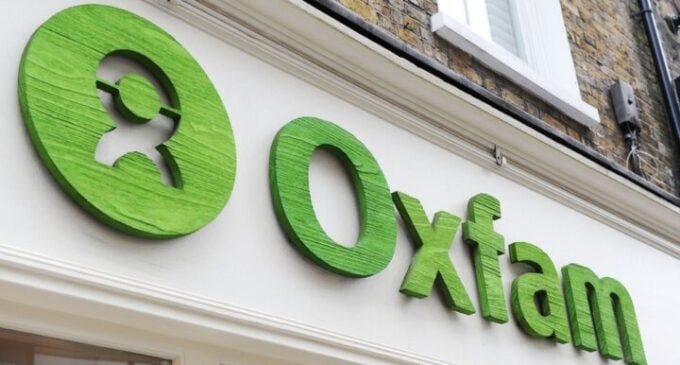Tax permanent wealth, excess profit to solve revenue problem, Oxfam tells FG

Oxfam Nigeria, a non-profit organisation, has called on both federal and state governments to improve tax collection among the rich to address Nigeria’s revenue problem.
Ahmed Tijani, the firm’s acting country director, spoke at a press conference unveiling Oxfam International’s ‘Inequality’ report in Abuja on Monday.
Speaking at the event, Tijani raised concerns over the uneven distribution of wealth that has affected the country’s economy, especially in terms of revenue.
According to Tijani, there is an utmost need for the federal and state governments to look into tax incentives and tax waivers for major companies, adding that these inducements could go a long way to contribute to the country’s revenue.
He said when these taxes are overlooked, the government ends up struggling to provide critical services to the people in terms of health care and education.
“In December 2023, the Nigerian Investment Promotion Commission said it approved tax holidays for 34 companies seeking tax incentives and waivers under the Industrial Development Income Tax Act of 2023,” Tijani said.
“Among the beneficiaries are Dangote Sino Trucks West Africa Limited, Lafarge Africa Plc, Honeywell Flour Mills Nigeria Plc, Jigawa Rice Limited, and Stallion Motors Limited.
“Note that these companies benefit from tax breaks under the pioneer status regime, aiming to incentivise and stimulate their growth.
“This arrangement allows them to enjoy three to five years without paying corporate income taxes.
“Over the years, this policy has resulted in a cumulative total of approximately five trillion naira, constituting 18.519% of Nigeria’s 202 federal government budget as passed into law.
“The bedrock of poverty is not in the lack of resources, but in the fact that the top 1% has hijacked the available resources. Additionally, the government has not deliberately invested in critical sectors to bridge the inequality gap.
“Consequently, this situation has led to increased poverty and inequality.”
Tijani said the process of granting incentives must be transparent and tax expenditures should undergo parliamentary oversight and public debate.
He urged the government to establish a dashboard for public access to data on tax incentives, enhancing awareness and trust.
WEALTH OF RICHEST AFRICANS MORE THAN THE POOREST HALF
Addressing global inequality, Tijani said the world’s richest men have more than doubled their fortunes from $405 billion to $869 billion since 2020 – at a rate of $14 billion per hour — while five billion people have been made poorer.
“It first trillionaire within a decade, but poverty will not be eradicated for another 229 years,” Tijani said.
“Billionaires are $3.3 trillion richer than in 2020, and their wealth has grown three times faster than the rate of inflation.”
Speaking further, he said a tax of up to five percent on Africa’s super-rich could generate an annual amount of $11.9 billion – nearly enough to pay for the 2023 humanitarian requirements for Eastern and Southern Africa.
“The seven richest Africans have more wealth ($52 billion) than the poorest half of the continent’s population,“ he said.
“The past three years’ supercharged surge in extreme wealth has solidified while global poverty remains mired at pre-pandemic levels.
“Aliko Dangote, Africa’s richest person, holds a “near-monopoly” on cement in Nigeria. He owns Dangote Cement, which has enjoyed some of the world’s highest profit margins on cement (45 percent) while paying a tax rate of 1 percent over 15 years.
“In Nigeria, Aliko Dangote owns more wealth than the bottom half of Nigerians (109 million people).”
To address the gap, Tijani said governments should revitalise the state against extreme corporate power.
Tijani also called for legislation for living wages, with Oxfam suggesting taxes on permanent wealth and excess profit.
The country director said a wealth tax on the world’s millionaires and billionaires could generate $1.8 trillion annually.
In addition, Tijani asked that the Nigerian senate amend the Federal Inland Revenue Service (FIRS) Act towards regulating the processes of granting corporation tax holidays, import duty, tax waivers, and investment incentives to investors and businesses in a bid to cut down revenue loss.
















There are no comments at the moment, do you want to add one?
Write a comment